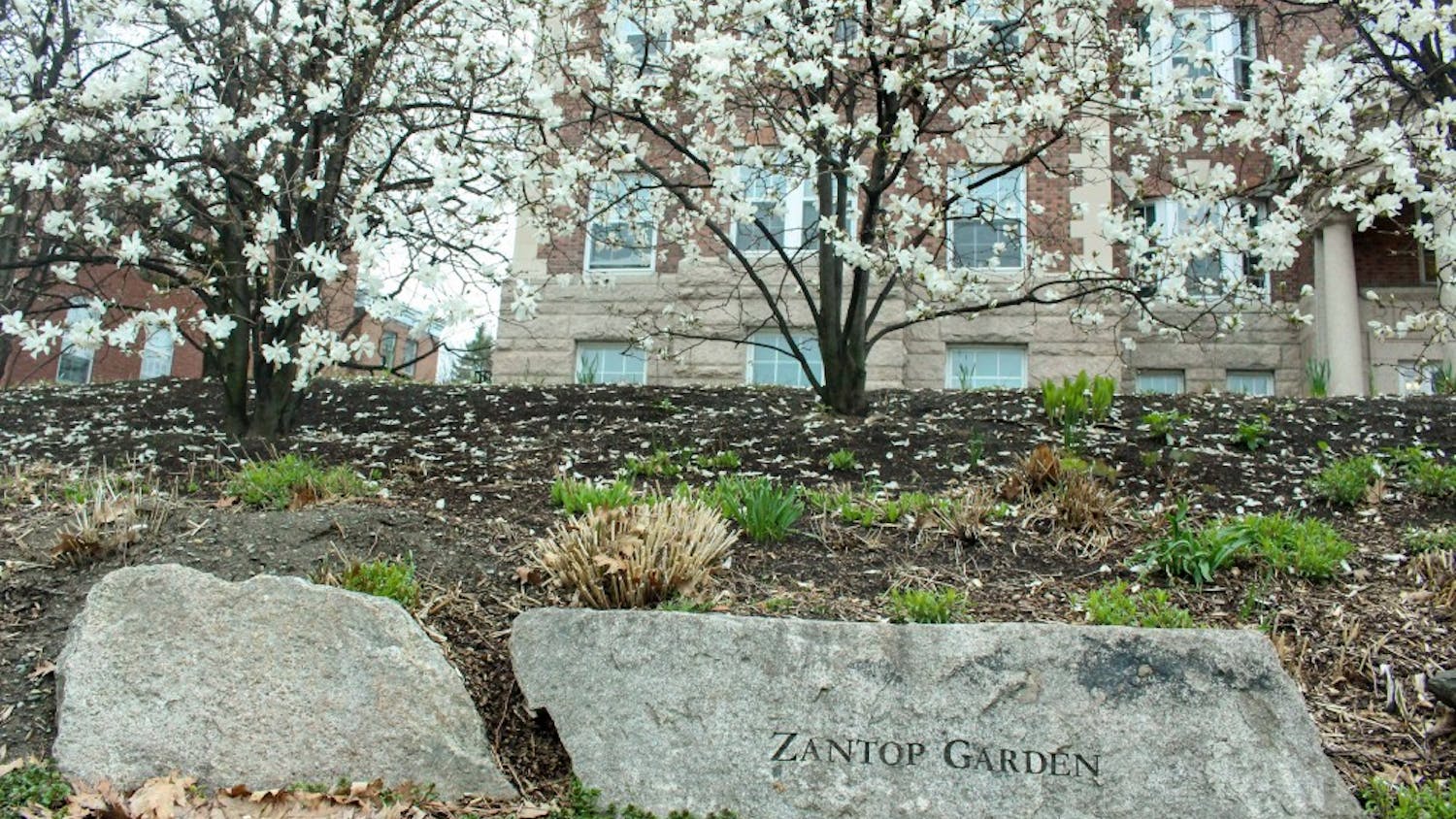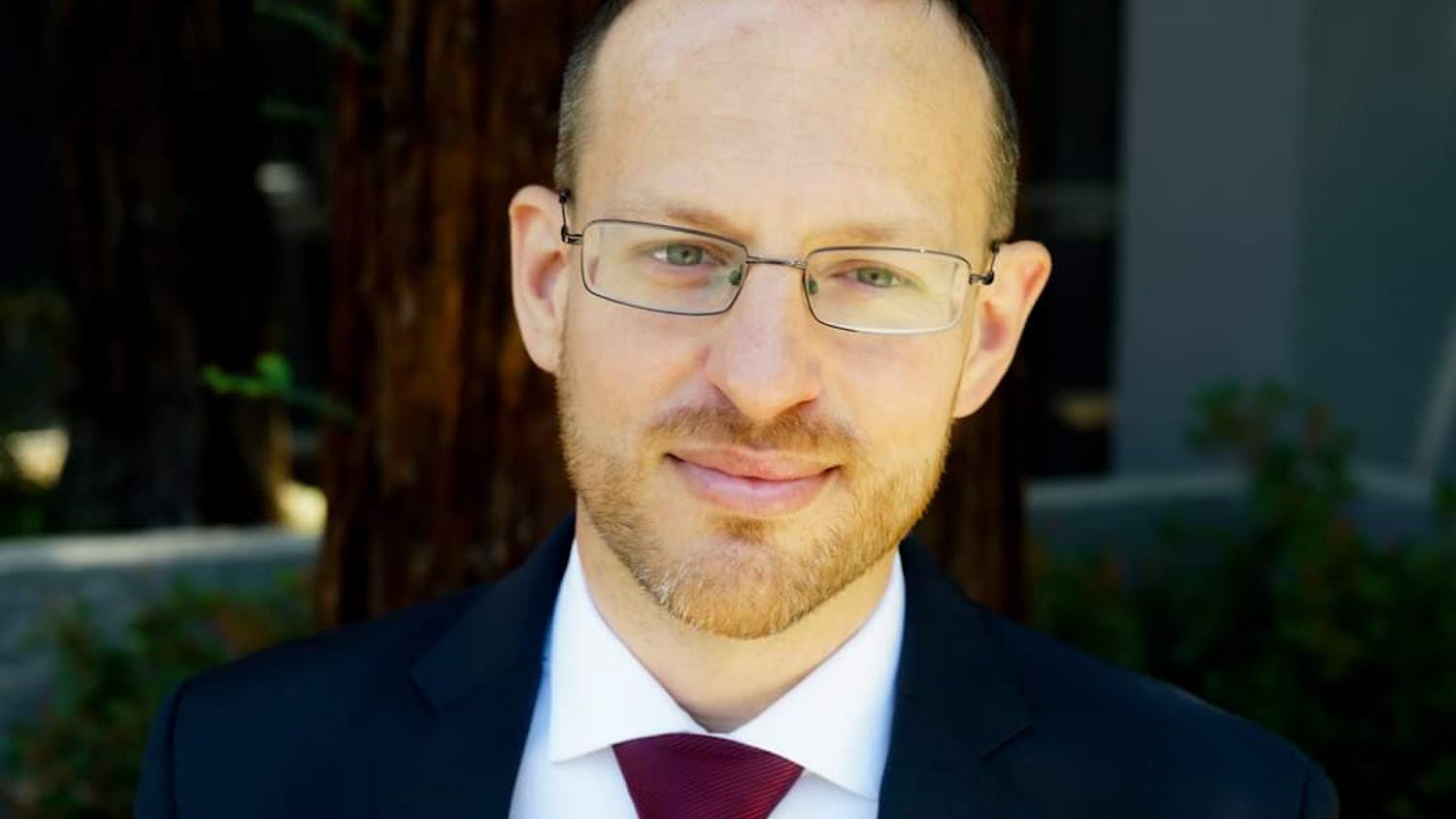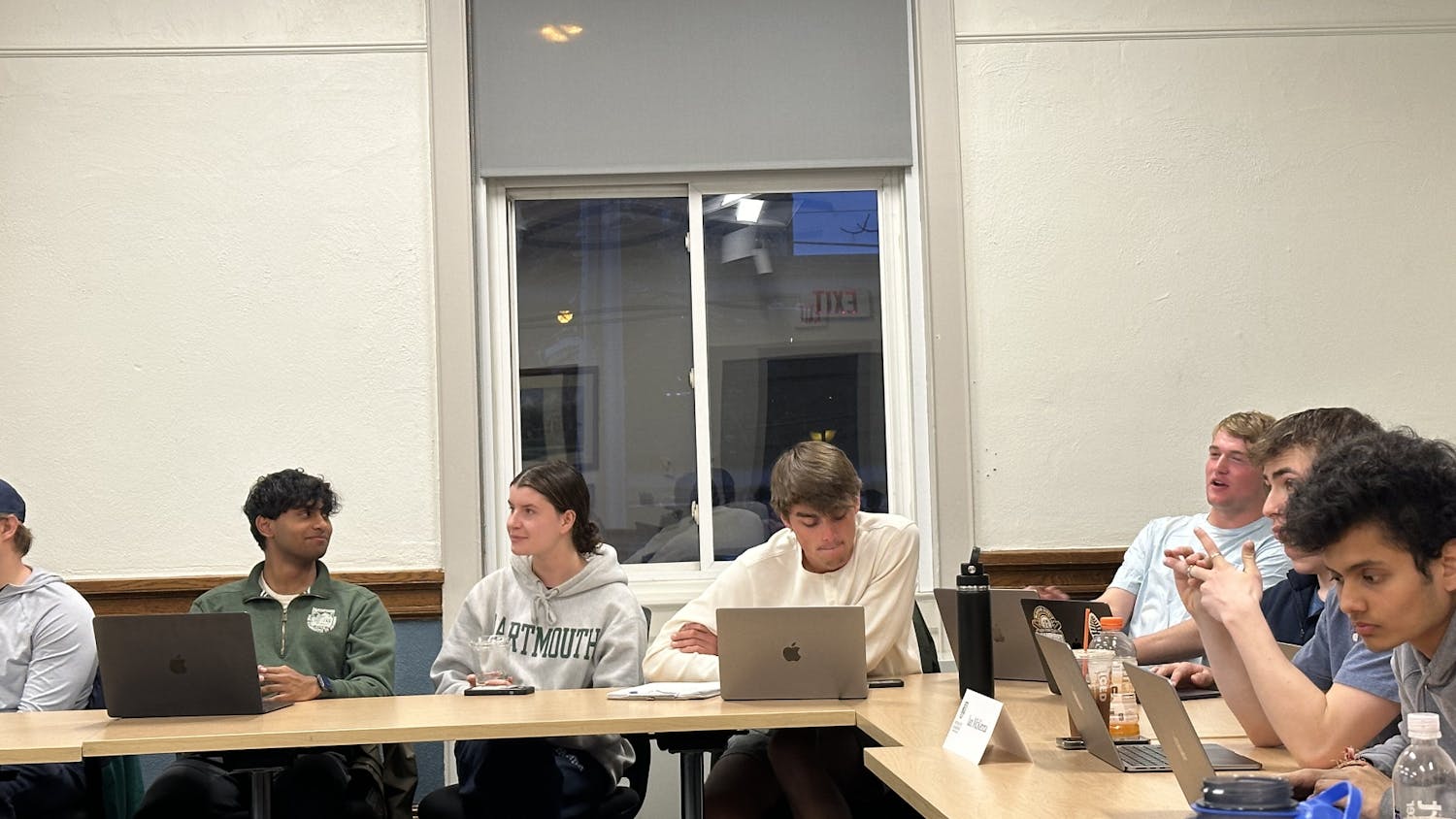The third annual Global Employability Survey, published on Monday, indicates a trend toward a more international employment market, The New York Times reported. The survey asked firms to describe their ideal recruit and rank higher education institutions most likely to produce this type of recruit. Of the 150 universities ranked by the survey, 45 were American, down from 56 three years ago. University affiliation was shown to be very important, with 21.8 percent saying that an applicant’s alma mater was the main factor for selection and 45.1 percent saying that it played a major role. The ranking also showed a rise for universities in European countries including Britain, France, Germany, Switzerland and the Netherlands.
New York City police commissioner Raymond Kelly’s lecture at Brown University yesterday was canceled when a group of protesters began shouting over his remarks, The Brown Daily Herald reported. Around 100 protesters gathered outside the lecture hall holding signs and shouting slogans protesting NYPD’s stop-and-frisk policy. The event was supposed to finish with a question and answer session, but was canceled when administrators saw no possibility of Kelly completing the talk. While some protesters celebrated the success of the disruption, others, including university president Christina Paxson, said it undermined values of open dialogue and freedom of speech.
A study published in medical journal BMJ showed that 29 percent of large medical trials involving human subjects remain unpublished up to five years after completion, The Chronicle of Higher Education reported. The finding comes five years after Congressional legislation that required the results of such trials to be made public. The study found that around 80 percent of these studies were not available on public websites. The dearth in publication comes from a hesitation on the part of scientists to submit negative results, and the reluctance to publish can skew results for researchers and keep them from knowing what procedures do and do not work.



